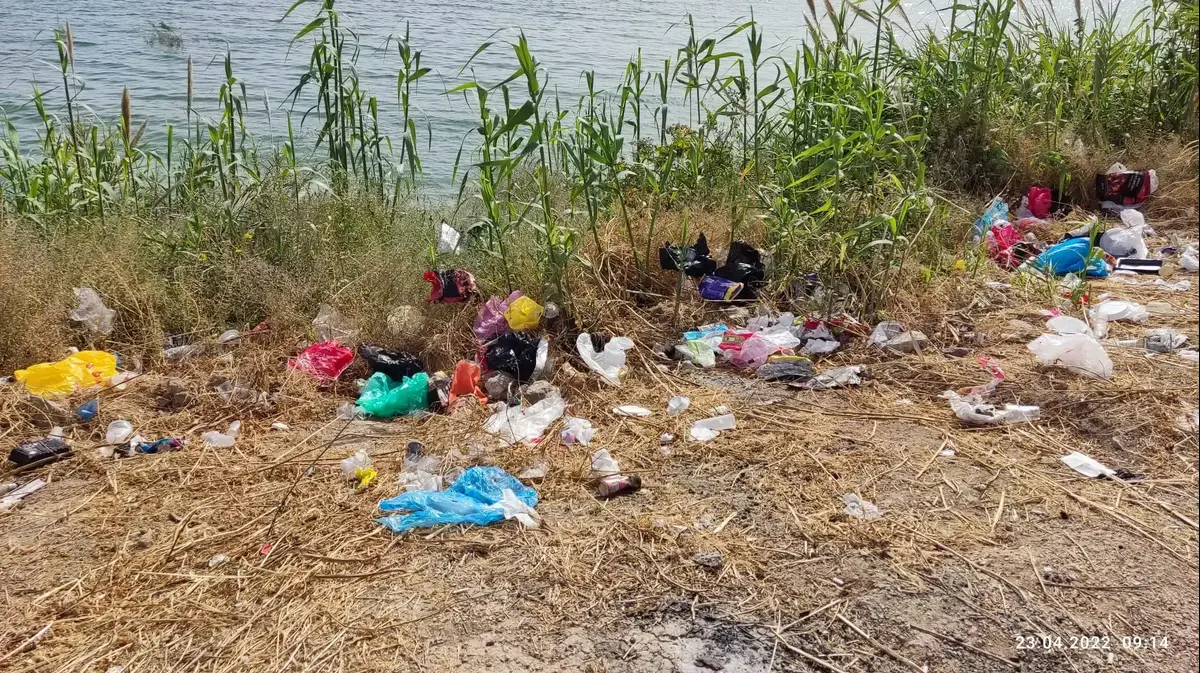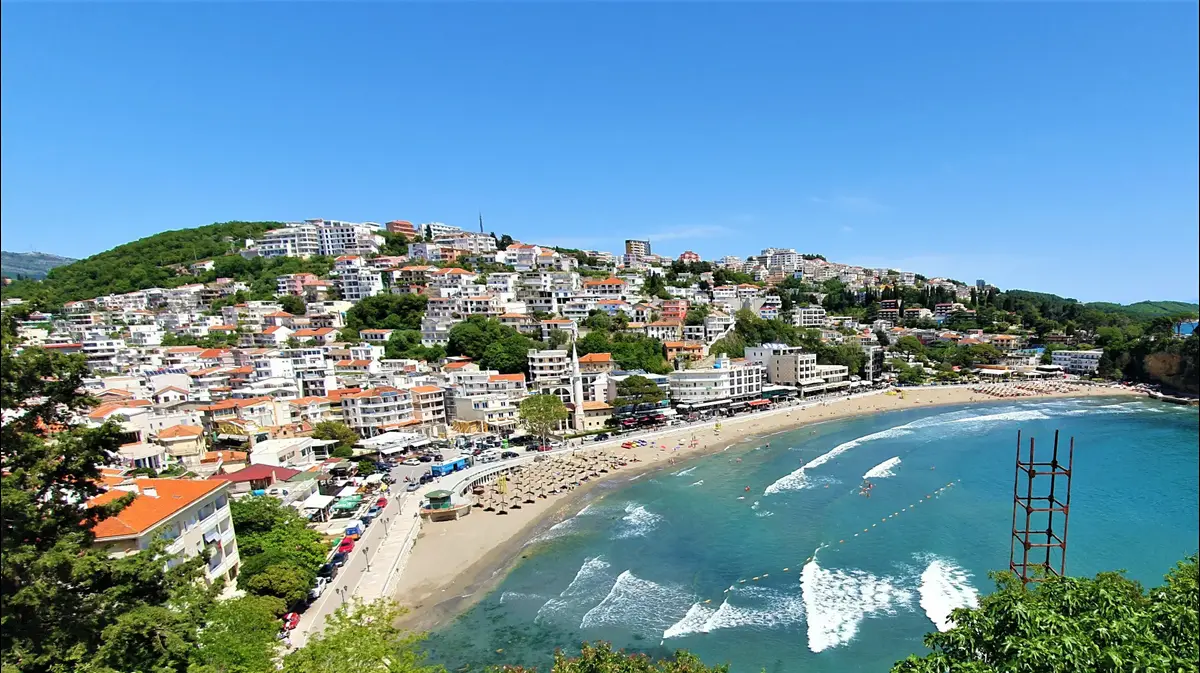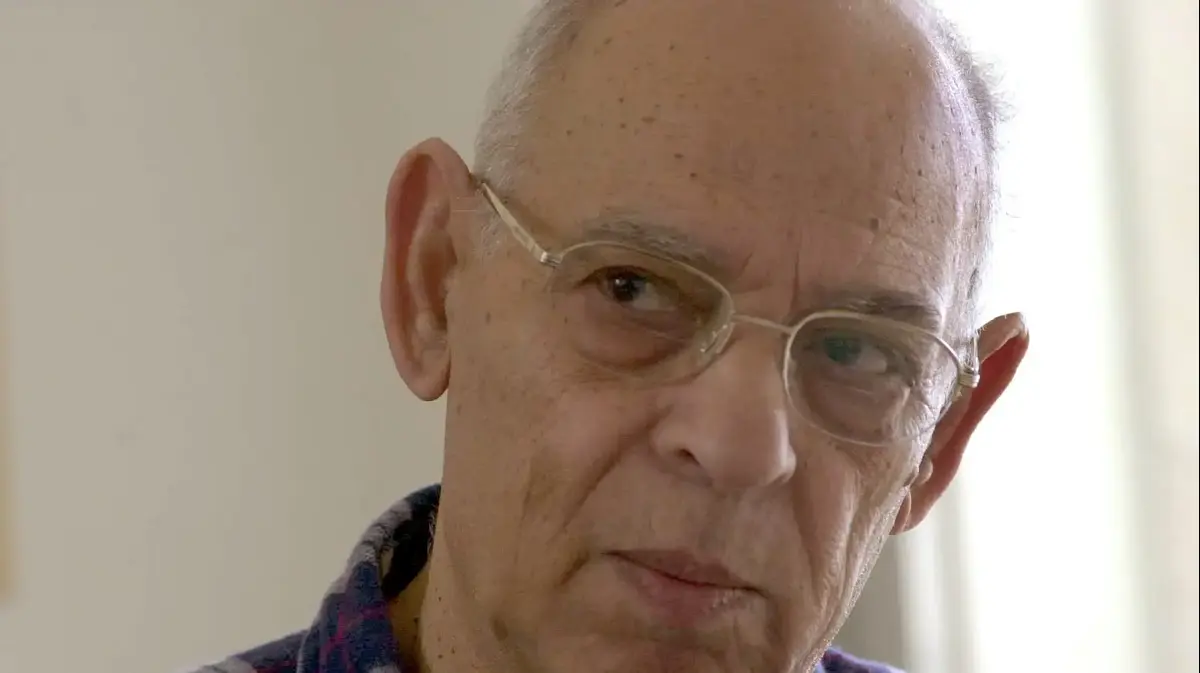Surprise: who protects the environment more in Israel - Arabs or Jews?
A new study examined the environmental attitudes and activities of four population groups in the northern periphery of Israel - moshavim and kibbutzim, development towns, community settlements and Arab settlements, and found significant differences between them when it comes to environmental behaviors
Yonatan Sher, an angle
03/08/2022
Wednesday, 03 August 2022, 08:42 Updated: 09:53
Share on Facebook
Share on WhatsApp
Share on Twitter
Share by email
Share in general
Comments
Comments
What do you think about the environment in the periphery?
(Photo: Courtesy of Zoyt)
We are going to the elections again.
The tribes that make up Israeli society are preparing themselves for another round of mutual skirmishes.
Many times it seems that the diverse communities that live in Israel interpret the history, the current reality, the values that should guide the country and the future that should be aspired to - in a completely different way from each other.
In a new study, which was presented this month at the 50th annual conference on science and the environment and which focused on the periphery, it was found that the differences between the communities are also expressed on the environmental level - and that the perceptions regarding the climate crisis and other environmental issues in Israel change dramatically from public to public.
Shira Vardi, a doctoral student at the School of Social Work at the Hebrew University and a lecturer at Emek Jezreel Academic College, decided to examine the attitudes and environmental activities of four population groups from the northern periphery of the Eastern Upper Galilee and the northern valleys: people of moshavim and kibbutzim, development towns, community settlements and Arab settlements (without cities large Arabs).
She discovered significant differences not only between Jews and Arabs but also between settlements with a more agricultural orientation (Jewish and Arab) and those with a more urban orientation.
The differences between the communities are also expressed on the environmental level.
Garbage in the Dead Sea (photo: Society for the Protection of Nature, Dov Greenblatt, Society for the Protection of Nature)
The attitude towards the environment as a component of identity
Vardi, who lives in Kibbutz Nir David in the Valley of the Springs, says that she decided to investigate the environmental attitudes of the residents of the periphery for two reasons.
The first, the great social diversity between the communities in the periphery, despite their geographical proximity.
And the second, the fact that unlike the residents of the big city, the people of the periphery usually live in close proximity to the natural environment.
"The Gilboa is our backyard," explains Vardi.
"Green areas for us are not a park bounded by buildings, but the environment itself. Therefore, in my eyes, the local residents have a greater influence on the environment in their relationship to it than the Tel Avivians who come, have a picnic and return to the center."
In her research, Verdi focused on the geographical periphery of the North, focusing on the population that lives in the countryside and in immediate proximity to nature.
About 600 respondents, from the four population groups tested, answered questions that tested three basic variables:
values, identity and power
.
in values
, Vardi examined to what extent the respondents see nature as destined to serve man - and to what extent they think it has a right to exist on its own.
In identity
, Vardi tested how much the respondents feel part of the natural environment they live next to, in a fundamental sense related to their identity.
The power
component
referred to the social capital of the respondents (the amount of connections with other community members, their quality and the extent to which they are used), the extent of their trust in local and national government institutions, and the extent to which they feel they have the ability to influence their environment.
Vardi tested these three variables in front of questions that tested local environmental awareness (in the issues of water quality, air pollution and loss of biological diversity) and global environmental awareness (that is, the climate crisis).
In addition to the questions that examined environmental behavior in practice, on two levels: the private - activities such as recycling, reducing water consumption, buying second hand, using environmentally friendly products and more;
and public - use of a community botanical garden, helping wildlife and flora, participating in environmental struggles or donating to environmental organizations.
More in Walla!
They dumped construction waste in the wild, and after a month's surveillance they were caught red-handed.
watch
62 tons of garbage in one day: this is the product that Israelis throw away the most on the beaches
The Israelis found out who should collect the garbage in the wild.
Spoiler: it's not them
Saving from the first moment: how to start saving in four simple steps
Local residents have a greater impact on the environment.
Picnic at the foot of the Gilboa (Photo: Photo: Ashhar Betzer)
Everyone is environmental in their own way
Vardi says that the results of the study indicate significant differences between the Jewish and Arab populations in the region.
Admittedly, with regard to global environmental awareness, no significant differences were found between the four groups, but in terms of local environmental awareness, which includes concern for the diversity of flora and fauna, water quality, and cleanliness - the Arab respondents showed the highest awareness.
Another difference is that although the level of private environmental behavior that the Arab respondents reported was the lowest, their level of public environmental behavior was the highest.
"From these two findings, I understand that it is possible that the perception of Jews and Arabs regarding the question 'What is it to be environmental?'
She is different," Verdi explains.
"It may be that while for Jews 'environmentalism' means going and recycling waste, for Arabs it is more about caring for the immediate environment, for example the vegetation in the stream next to them."
Additional differences between the Arab and Jewish settlements that were discovered concern the relationship between values and power and environmental behavior.
While for the Jewish communities the belief that nature is intended for human use or the belief in the inability to influence nature were linked to less environmental behavior, in the Arab communities no such relationship was observed.
"It is possible that not only is there a different interpretation regarding the question of what environmental behavior is, but that there are also other motives and different motivations for environmental behavior for Jews and Arabs," Verdi explains.
Vardi found other significant differences between the two groups she considers to have an agricultural and rural tendency - Moshavim and kibbutzim and Arab settlements, and the two groups with an urban tendency - development towns and communal settlements.
"High trust in the government, the local authority and environmental organizations was found to have a positive relationship with environmental behavior for more urban people, while no such relationship was found for people in the agricultural and Arab communities," Vardi says.
This could indicate, perhaps, a higher dependence of residents in 'urban' settlements on institutions, in order to promote environmental behavior.
Another difference between the groups is in the context of the identity of the place.
"For community settlements and development towns, identification with the place had a positive relationship with environmental behavior, but not for agricultural and Arab settlements."
Garbage remains at Dekal Beach in the Sea of Galilee, April 2022 (photo: official website, Oshri Weizman)
The fight for the Ace
Another issue that appeared in the research, from Verdi's personal experience as a resident of Kibbutz Nir David, dealt with the study of the perceptions of various residents who live in the valley of the springs of the struggle for Hassi.
"I asked if the Assy is an environmental, social, political or historical struggle? The residents of the development towns indicated that it is an environmental and historical struggle, but the kibbutzim see it as a social and political struggle - which in my view raises doubts regarding the formulation of environmental solutions to the struggle, as long as it is not perceived as an environmental struggle by In addition, I found a high emotional involvement in the struggle in both groups, but in contrast, a very low level of active involvement, in the field," Vardi says.
The problem is global - the players are local
Verdi's research on the attitudes and behaviors of small and local communities towards the environment joins the global trend of environmental researchers and activists to recognize the differences between communities.
"Until the last decade, the prevailing attitude among researchers and policy makers was that the problem of the climate crisis is essentially global, and that it requires national and supranational solutions. This position led to the neglect of the local and community space both at the research level and at the level of policy and legislation," explains Dr. Uri Sharon, CEO of the Israeli Association for Ecology and Environmental Sciences and lecturer in environmental law and policy at Bar-Ilan University Law School.
"In recent years, a new approach has taken root that sees local communities, residents, citizens and local government bodies, with their unique sensitivities and needs, as critical players in dealing with the climate crisis and with the challenges of preserving local nature."
Considering the unique characteristics of a community and understanding the motivations for the activities that characterize it, may lead to solutions that will help the members of the community to act in a more environmentally friendly manner, without the need for regulation or conflicts.
For example, a new study led by Dr. Anat Chachik from the Department of Geography and Environment at Bar-Ilan University suggests that it is possible to achieve the same reduction in the consumption of disposable utensils by the ultra-orthodox sector that was achieved through the tax increase in November, with the help of campaigns adapted to the sector that address the needs and its unique nature. In this way it might have been possible to spare their opposition and hostility to the cause of the tax.
Vardi says that the next step in her research will include focus groups and qualitative interviews with the members of the various groups, with the aim of better understanding their attitudes and the motives that guide their attitudes and environmental behaviors.
"It turns out that there are differences in the motives and expressions of environmental behavior in the various groups. We all live near the same yard, but our attitude towards this yard stems from different motives," Verdi concludes.
"That is why we must work with the communities and in the content and adapt educational interventions, policies of sustainable development and advocacy to the specific community in order to achieve a more significant effect in promoting environmental practices in the periphery."
The article was prepared by Azula - the news agency of the Israeli Association for Ecology and Environmental Sciences
More in Walla!
Research: Do the ultra-Orthodox travel like the secular?
To the full article
tourism
columns and sections
Tags
periphery















